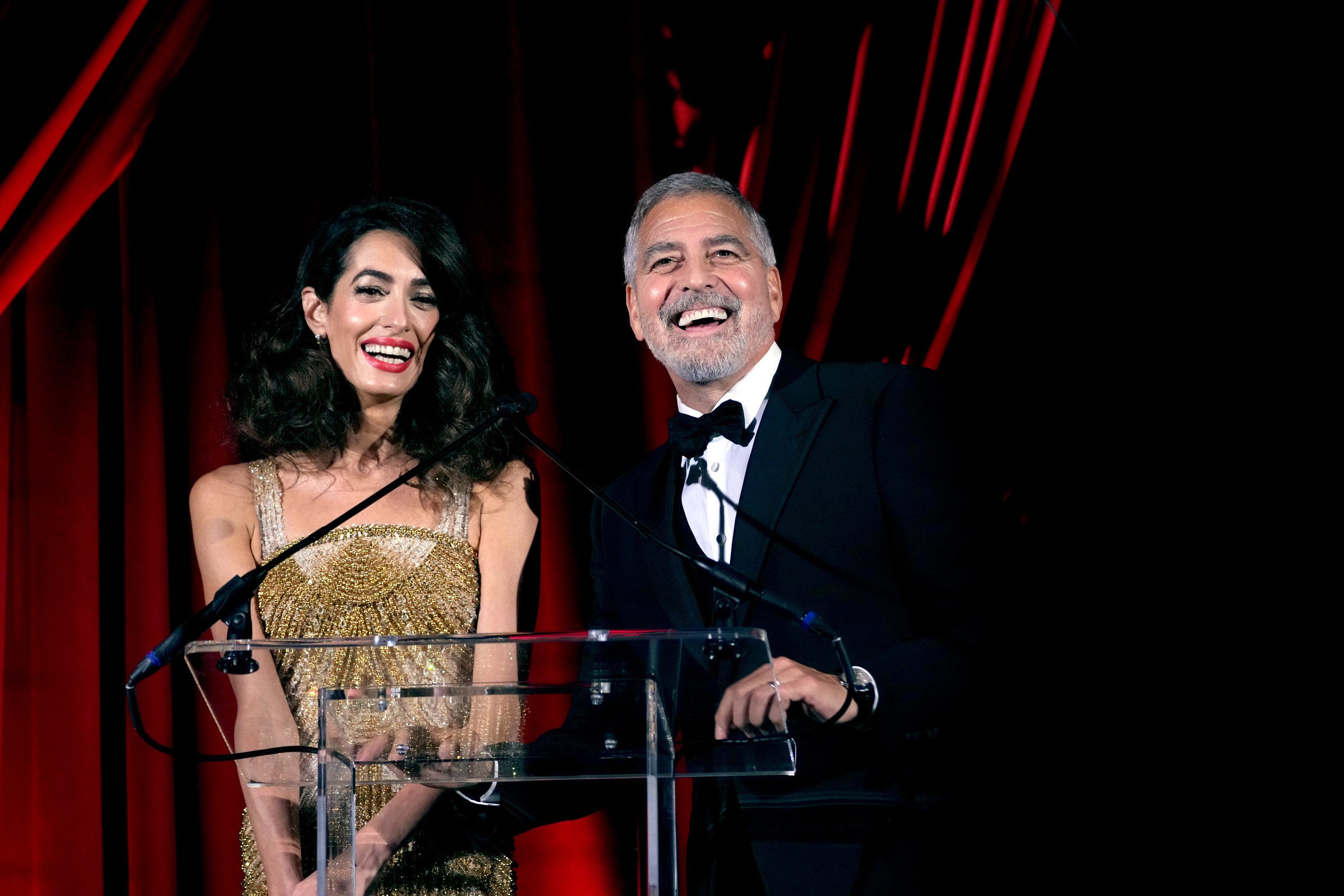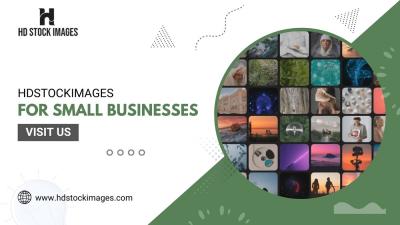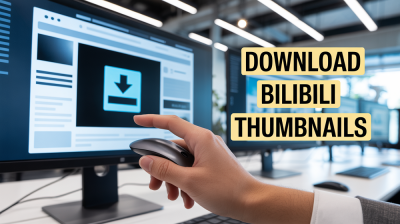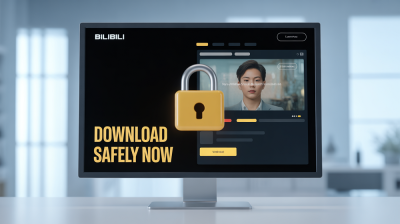Getty Images stands as one of the world’s leading providers of visual content. Whether you're a blogger, marketer, or creative professional, Getty Images has something to offer you. Founded in 1995, this agency has grown to become a huge library, filled with millions of images, videos, and music tracks sourced from events around the globe. With its extensive collection, it's easier than ever to find the perfect visuals for your projects that resonate with your audience.
From groundbreaking events like the Olympics to intimate gatherings like weddings, Getty Images captures a diverse range of moments. This collection not only offers high-quality visuals but also provides a myriad of options, including editorial images, commercial photography, and more. So, whether you need an iconic photograph from a public event or a fresh take on a lesser-known local gathering, Getty delivers quality content at your fingertips. Let's dive deeper into how you can leverage this treasure trove of images for your projects!
Understanding the Licensing of Getty Images
When it comes to using images from Getty, understanding licensing is crucial. Getty Images operates under a licensing model that allows you to use their content legally while respecting the rights of the photographers and creators. Here’s a quick breakdown:
- Rights Managed (RM): These images are licensed for specific use. You’ll pay based on factors like the medium, distribution size, and geographical area. If your project fits a narrow scope, this option might be ideal and can often result in exclusive rights for that duration.
- Royalty Free (RF): With RF images, you're free to use the image multiple times after a one-time payment. There are no restrictions on the number of reproductions, making it a flexible option for ongoing projects.
- Editorial Use Only: Some images are only available for editorial purposes, like news articles or blog posts. This means you can't use them for commercial purposes, so be mindful of the context in which you're planning to use these visuals.
To simplify your understanding, here’s a quick comparison in table format:
| License Type | Usage Rights | Payment Structure |
|---|---|---|
| Rights Managed | Specific use, often exclusive | Variable, based on use requirements |
| Royalty Free | Multiple uses without restrictions | One-time fee |
| Editorial Use Only | Limited to editorial contexts | One-time fee, restricted usage |
Keep in mind that proper attribution may still be required, so always check the specifics related to the licensing type you choose. Being aware of these nuances ensures your use of Getty Images is not just creative, but also legal and ethical.
Also Read This: How to Insert a Stock Photo in Adobe Illustrator
Searching for Event-Specific Images
Finding the perfect images for your project can often feel like searching for a needle in a haystack—especially when it comes to event-specific subjects. Luckily, Getty Images has a treasure trove of images that can elevate your project. Here’s how to effectively search for those event-specific images.
First, start with the basics. Think about the event you’re interested in. Is it a concert, a conference, or perhaps a festival? Use *keywords that accurately describe the event. Here are some tips to keep in mind:
- Be specific: Instead of searching for "music," try "live concert" or "jazz festival."
- Include dates: Add the year or specific dates if you know them. An image from a specific year can evoke the right emotions.
- Location matters: If the event has a well-known location, include that in your search. For instance, "2023 New York Fashion Week" will yield more relevant results than just "fashion."
Once you’ve entered your search terms, browse through the results. Don’t forget to utilize the filter options that Getty Images provides. You can narrow down your choices by selecting criteria like orientation (horizontal or vertical), image type (photographs, illustrations, or videos), and even the number of people in the image. This way, you can find the most fitting images for your project.
Also Read This: Is Adobe Stock Good for Selling Photos? Evaluating the Platform’s Effectiveness
Using Getty Images Search Features Effectively
Now that you have a good grasp on searching for event-specific images, let's explore how to use Getty Images’ search features effectively. These built-in tools can greatly enhance your experience and help you find exactly what you need in no time.
One of the standout features is the advanced search option. This allows for a more refined search by enabling you to specify various parameters:
- By Image Type: Choose between Royalty-Free or Rights Managed images based on your project needs.
- By Category: If you’re focused on a specific type of event, select the appropriate category such as Sports, Music, or Business.
- By Collection: You can search within collections that might capture the essence of your event better.
Another effective feature is the search suggestions that pop up as you type. Pay attention to these suggestions; they can provide insights into how other users are searching for similar images. Utilizing popular hashtags* can also lead you to trending content related to your event. Don’t hesitate to explore these avenues!
In addition, save your searches for future reference. This is a great way to keep track of the images you like and revisit them later when you're ready to make a decision. Lastly, always check the usage rights for any image you select to ensure it aligns with your project’s needs.
Also Read This: Insights into Popular and Profitable Content: 123RF’s Best Selling Images
Downloading and Using Images in Your Projects
When it comes to incorporating Getty Images into your projects, the process is straightforward, yet there are a few essential steps to keep in mind. First, ensure that you have the proper license for the images you want to use. Getty Images offers various licensing options—some catered to personal use and others for commercial projects. Here’s how you can download and effectively use these images:
- Search for Images: Use the Getty Images search functionality to find the right visuals for your project. Utilize relevant keywords, filters, and categories.
- Select Your Preferred Image: Once you find an appealing image, click on it to see the details. Pay attention to the licensing terms right there on the page.
- Add to Cart: If the image fits your needs, add it to your cart. This is akin to checking out your groceries before heading to the cashier!
- Complete the Purchase: Follow the checkout process. After confirming your payment, you’ll get access to download your images.
- Download the File: Images can usually be downloaded in various resolutions. Choose one that fits your project best.
- Integrate into Your Project: Once downloaded, you can incorporate the image into your website, blog, presentation, or any other media. Just drag and drop, or upload as needed!
Remember, it's vital to keep the usage guidelines in mind. Using images without the right permissions can lead to unwanted legal troubles!
Also Read This: Explore What Shutterstock Quora Is
Best Practices for Attribution and Copyright Compliance
Using images from Getty Images isn’t just about downloading them and plugging them into your project. It’s crucial to understand and uphold proper attribution and copyright regulations. Failing to respect these can lead to hefty fines or even legal action! Here are some best practices:
- Read Licensing Agreements: Before using an image, thoroughly read its licensing agreement. This will inform you of any restrictions, such as not using the image for advertising or without attribution.
- Provide Proper Attribution: If an image requires attribution, make sure you provide it in the format specified by Getty Images. This usually includes the photographer’s name and a link back to the image source.
- Stick to Usage Limits: Adhere to the specific usage limits outlined in the license, such as the duration of usage or the types of projects allowed.
- Avoid Modifications (if restricted): Some licenses may restrict any edits or modifications to images. Be mindful of this to avoid potential infringement.
- Keep Records: Document your licenses and the usage rights of each image you use. This will come in handy if you’re ever questioned about an image's legality.
By following these best practices for attribution and copyright compliance, you'll not only avoid legal issues but also cultivate respect for the creative work of photographers and artists.
Also Read This: How to Copy an Image from a PDF
7. Alternatives to Getty Images for Event Photography
While Getty Images is a fantastic resource for high-quality event photography, it isn't the only game in town. There are plenty of alternatives out there that can serve your needs without breaking the bank or overwhelming you with licensing issues. Let’s explore some great options:
- Shutterstock: Just like Getty, Shutterstock offers a vast library of stock photos and videos, including event photography. Their subscription model provides affordable access to multiple high-quality images.
- Adobe Stock: This platform integrates seamlessly with Adobe Creative Cloud, so if you’re already using products like Photoshop or InDesign, it’s a natural fit. They have numerous images from various events and formats you may need.
- Unsplash: For those looking for free options, Unsplash is a treasure trove of high-resolution photos contributed by photographers around the world. You might find some stunning event photography without any licensing fees.
- Pexels: Similar to Unsplash, Pexels provides free stock images and videos. It’s user-friendly and great for quick searches, especially if you're on a tight budget.
- Event Photos: Local or regional photographers may also have galleries showcasing their event work. Reaching out to them directly can sometimes lead to better deals or even partnership opportunities.
Each of these alternatives has its unique benefits and drawbacks, so weighing your options based on your project needs, budget, and usage rights is essential. Whether you are looking for royalty-free images or high-end licenses, there’s something out there for every need!
8. Conclusion and Final Tips
So there you have it! Finding and using Getty Images or exploring alternatives can significantly enhance your projects, especially when it comes to event photography. But before you dive onto any platform, here are some final tips to keep in mind:
- Know Your Rights: Always be clear about the licensing agreements associated with any images you choose. Misusing images can lead to legal issues.
- Stay Relevant: Ensure that the images align with your project's theme. Photos can evoke emotions or set a tone, so choose wisely.
- Use Quality Images: Opt for high-resolution photos to maintain professionalism. Low-quality images can detract from your message.
- Engage with Creators: If you use a photographer’s work, consider tagging them in social media posts or giving them credit, building a relationship can be mutually beneficial.
- Explore Custom Options: Don’t hesitate to reach out to photographers for custom shoots. This allows you to acquire unique content tailored to your needs.
By keeping these tips in mind, you’ll be well on your way to finding the perfect event images. Remember, striking visuals can make a significant difference in how your audience perceives your project, so choose wisely and enjoy the journey of discovery!

 admin
admin








